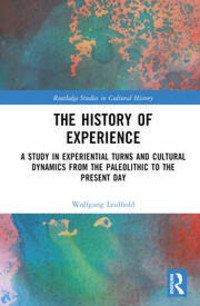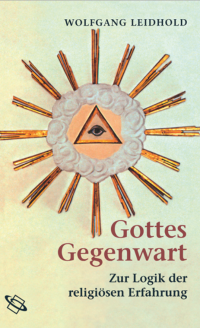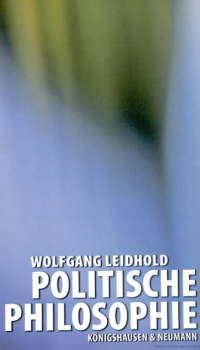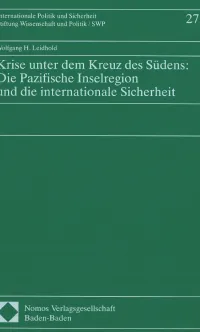The History of Experience (2022)

A Study in Experiential Turns and Cultural Dynamics from the Paleolithic to the Present Day
Wolfgang Leidhold's publications deal with the concept and history of experience since the 1980s. His interest in this topic first started with his dissertation on the Scottish philosopher Francis Hutcheson and his idea of a "moral sense". In subsequent publications, he developed a theory of experience. Finally, he discovered that the structure of experience has gradually changed. Starting from the Paleolithic to the present day, nine transformations (experiential turns) occurred. The results of this research are presented in his latest book: “The History of Experience” published by Taylor & Francis.
Gottes Gegenwart (2008)

The Logic of Religious Experience
In his book, The Logic of Religious Experience, Leidhold focuses on spiritual experience, first systematically analyzing it and then looking at it from an intercultural and historical perspective. By applying his theory of experience to religion and its spiritual foundations, Leidhold shows how spiritual experience has evolved in the course of history and throughout an array of Eastern and Western cultures. This examination reveals that the way people get in touch with the numinous, i.e. the structure of spiritual experience, has changed several times, and that the elements of its structure were only gradually brought to light.
The book is yet to be translated into English language.
Political Philosophy and the Nature of Experience (2002)

Through his works on Hutcheson and the South Pacific, Leidhold came to the conclusion that we have to start with a multidimensional structure of experience if we want to understand the way people get in touch with reality.
However, this type of multidimensional approach to experience did not exist. This issue must be addressed first. Thus, exploring the nature of experience was the main theme of Wolfgang Leidhold’s book on Political Philosophy.
The Pacific Islands Region (1991)

After his dissertation, Wolfgang Leidhold remained true to the subject of experience, switching, however, from the history of ideas to international relations, focusing on security policy, and choosing an area with parties living in very different situations: the Pacific islands and the Pacific Rim powers. How did the actors get in touch with political reality? How did they direct their actions? By what means did both sides interact? Studying the experiential side reconfirmed the presumption derived from studying Hutcheson and the history of ideas: Political reality does not simply adhere to the empirical formula, but rather emerges from a variety of experiential dimensions that include our imagination, spiritual experience, imagination, reflection, and interpretation. Result: a multidimensional concept of experience is also indispensable in the field of practical politics.